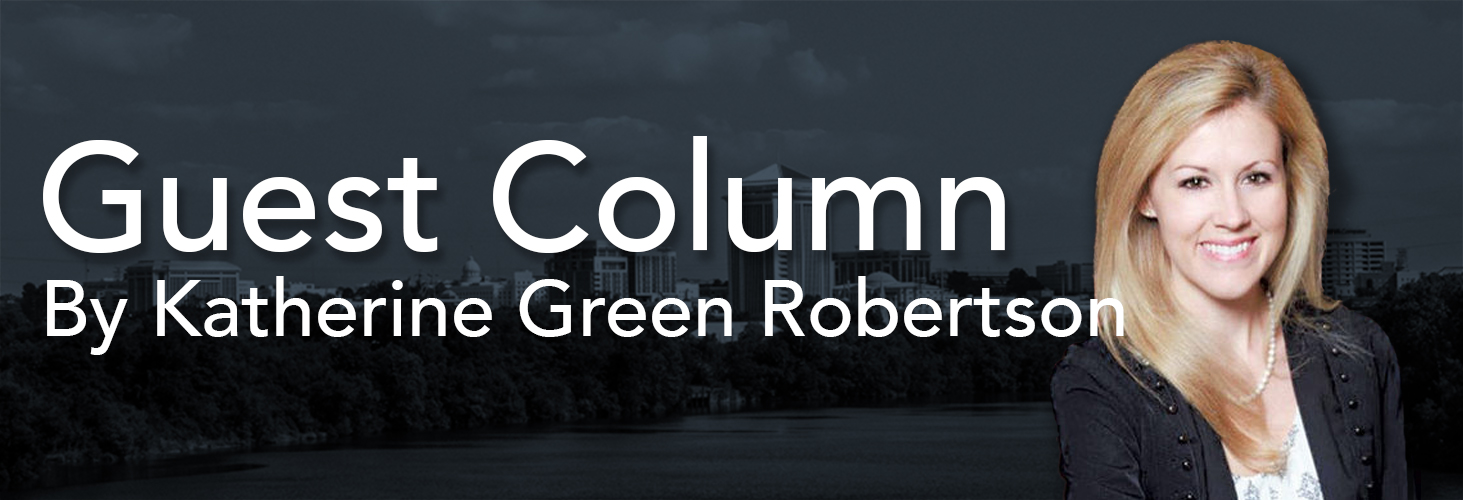By Katherine Robertson and Caleb Crosby from API
Lately, Alabamians have struggled to discern any difference between what they thought they voted against in November and what they might be getting in the coming months. A commitment to oppose tax increases is now being replaced with a “bold” move to increase taxes, without any reference as to how this could impact bringing new jobs to the state. Along those same lines, getting Alabamians back to work and keeping able-bodied individuals out of a dependency program is now being abandoned for attempts to increase the number of Alabamians on Medicaid through expansion, despite the fact that 75% of those made eligible through expansion would indeed be able-bodied individuals with no disabilities and no dependent children.
Facing a budget shortfall and variety of proposed solutions, it appears that the first session of the new quadrennium will be a true test of fortitude within the legislature. It would be naïve to ignore the pressure on our legislators to give in and renege on their promises to voters. In fact, some legislators have already been threatened with decreased funding for their districts if they don’t.
Nonetheless, this is nearly the same group of individuals who offered their handshake with Alabama in 2010-to create jobs and economic opportunities, to control wasteful spending, and to block the power grab coming from Washington, D.C. With this agenda as the foundation, significant progress was made over the last four years that must be built upon. To backslide in the face of mounting budget pressures and mixed signals from the executive branch would be a massive defeat.
Voters reelected this majority, and even expanded it, because they share the principles upon which this majority campaigned and believe that Alabama is headed in a good direction. Had they wanted the failed policies of Washington, voters would have selected candidates more closely aligned with the President.
The new legislature must now decide what its legacy will be. It should view the crises of the moment as an opportunity to pursue real reforms, to make the tough choices that have, in the past, been viewed as politically impossible. Rather than opt for the least difficult or disagreeable ways to fill the budget gap, the slow leaks of Medicaid, corrections, and pensions must be plugged and automated spending through earmarks should be reexamined.
“Free money” from a federal government that glorifies government dependency should be rejected; and instead, cost-saving reforms to our existing Medicaid program should be pursued. The false choice of new taxes or a reduction in government services should be dismissed, given that Alabama’s ratio of public to private sector jobs is the 10th highest in the country with costs of employee benefits that continue to rise. Opportunities to expand competitive contracting or privatize non-essential government functions should be given new consideration. State-owned real property should be more effectively utilized, as other states have generated millions of dollars in new revenue as a result of improved property management.
In his list of “Ten Conservative Principles,” Russell Kirk noted, “[a]ny public measure ought to be judged by its probable long-run consequences, not merely by temporary advantage or popularity.” Some of the proposals being floated may bring about a temporary advantage and others may even be popular, the negative effects of which would not be seen during the careers of many of our current legislators. Nonetheless, principled leaders should not turn a blind eye to the impact that short-sighted plans will have on the generations of Alabamians who will follow them.
As voters, we must be on guard against actions that are out of sync with what we were promised in November. We must also support those legislators seeking to do the right thing and encourage them to stay the course, even in the face of changing political headwinds.
Caleb Crosby is president and CEO and Katherine Robertson is vice president for the Alabama Policy Institute. API is an independent non-partisan, non-profit research and education organization dedicated to the preservation of free markets, limited government and strong families.











































